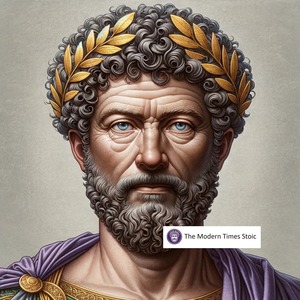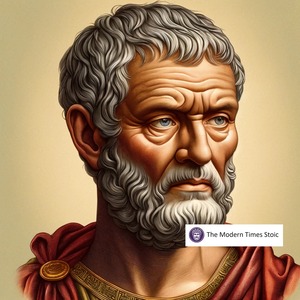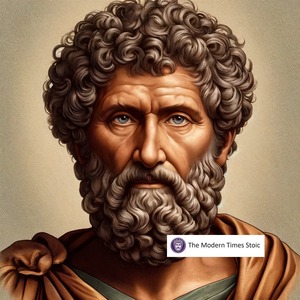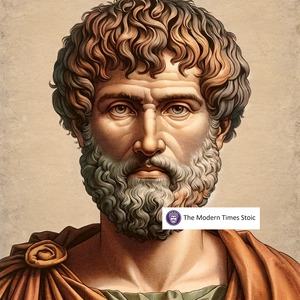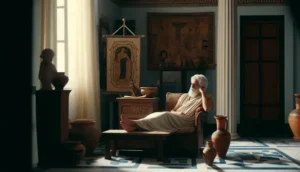In this first letter, Seneca stressed out the importance of valuing time. To make a point he said that time is the only commodity we own. “Nothing, Lucilius, is ours, except time.” Seneca describes how we waste our time and how we can make use of it to the fullest. As for the former, he said that we waste our time if we do bad things (vices), do nothing, or do things that out of sync with our through purpose in life (such as our passion, goals, dreams, etc.). “Largest portion of our life passes while we are doing ill, a goodly share while we are doing nothing, and the whole while we are doing that which is not to the purpose.”
So how do we treasure our time? Core to the stoic philosophy is to live each day as if it is the last. Other stoic philosophers such as Marcus Aurelius and Epictetus constantly remind us how small our time is and how death could come us at any time. Seneca tells Lucilius about the importance of dying daily and to hold every hour our time. “What man can you show me… who reckons the worth of each day, who understands that he is dying daily? … Therefore, Lucilius, hold every hour in your grasp.”
“Nothing, Lucilius, is ours, except time.”
Seneca Tweet This Quote
Seneca, however, admitted he himself has wasted some of his time but he said that it matters we understand why and how we lost it. Basically, he is saying that we have to learn from our mistakes. “I cannot boast that I waste nothing, but I can at least tell you what I am wasting, and the cause and manner of the loss.” Personally, I think this is one of the reasons why the stoics want us to do journaling. When we do journaling, we are forced into thinking about how we spent our time during the day. The goal is to identify the things that waste our time so that we don’t have to do it again next time.
"Therefore, Lucilius, hold every hour in your grasp.”
Seneca Tweet This Quote
***** Letters from a Stoic Key Takeaways is a collection of short key takeaways from the letters sent by Seneca to Lucilius. Read each letter’s key takeways here .
